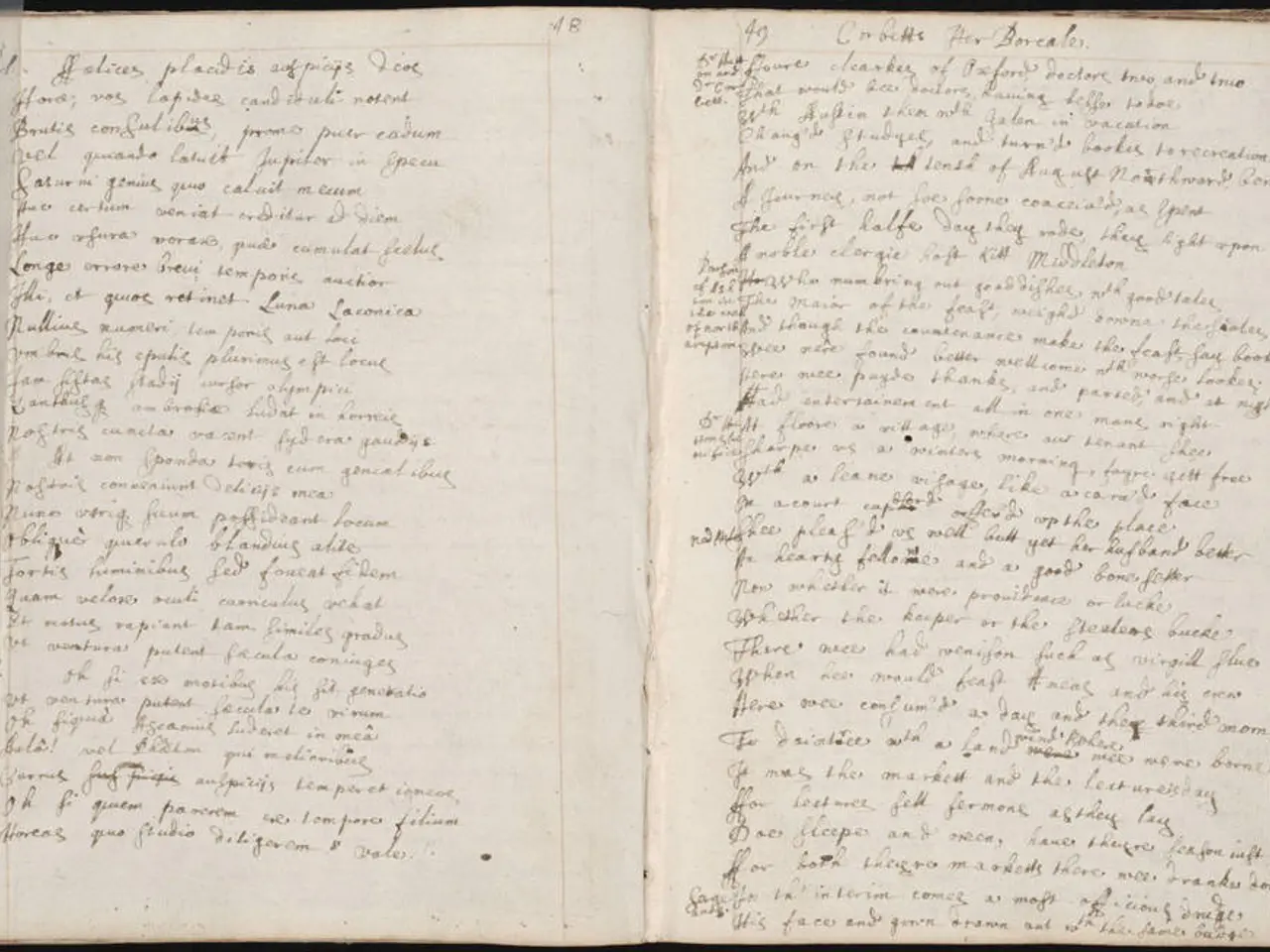Prosperous Haven
================================================================================
In the Torah portion Va'etchanan, Moshe repeatedly praises the Land of Israel to highlight its unique spiritual status and divine gift to the people of Israel. Moshe's praise serves not only as a personal longing but also as an inspiration for the Israelites to appreciate and cherish the land's spiritual significance.
The Land of Israel is portrayed as a holy inheritance given by God to Abraham, Isaac, and Jacob, a place where God’s presence and blessings are especially manifest. The land is considered higher and spiritually superior to other lands because it "receives first" from God, meaning its spiritual energies and blessings flow there before anywhere else.
Regarding the role of a "good eye," Kabbalistic teachings emphasize that a person rectifies the evil eye (a negative perception or jealousy) by developing a good eye—a positive, faithful perception aligned with truth and divine light. This good eye helps a person pray effectively and connect with the spiritual light column that flows through the Land of Israel. The land "drinks first" of divine blessings because it is where God’s eyes rest all year. Therefore, seeing the land with a good eye is about recognizing its holiness, trusting in God's providence, and actively participating in the spiritual growth linked to the land’s settlement and sanctity.
Rav Ami and Rav Asi, two prominent rabbis, moved from shade to sun to avoid speaking negatively about the settlement of Israel. Their actions underscore the importance of maintaining a positive perspective when discussing the land. Moshe himself moved to protect against slandering the Land.
The sin of the Spies, who interpreted events in the Land as bad to justify their desire to remain in exile, serves as a cautionary tale. Some in the Diaspora still claim that it is suicide to go on aliyah (immigration to Israel) until all of the problems in Israel are fixed, reenacting the sin of the Spies. Criticizing Israel in the media can be a manifestation of the same corrupted vision as the Spies.
Rabbi Sholom Gold suggests that Moshe repeated the word "good" in the verse to signify that Moshe was asking for two things: permission to enter the good Land and Hashem's blessing to continue seeing the Land in a good light. May Hashem cure us of the evil of seeing the settlement of the Land of Israel in a negative light and rectify the sin of the Spies by loving the Land, seeing it with a good eye, and coming to live there in accordance with the will of the Almighty.
[1] The Torah, Deuteronomy 8:7 [2] The Torah, Deuteronomy 11:10-11
Politics and general news can benefit from lessons drawn from the Torah, such as the importance of maintaining a positive perspective when discussing the Land of Israel, as demonstrated by Rav Ami, Rav Asi, and Moshe, who avoided negativity when speaking about its settlement. Criticizing Israel in the media might reenact the sin of the Spies, who interpreted events in the Land negatively to justify their desire to remain in exile.






